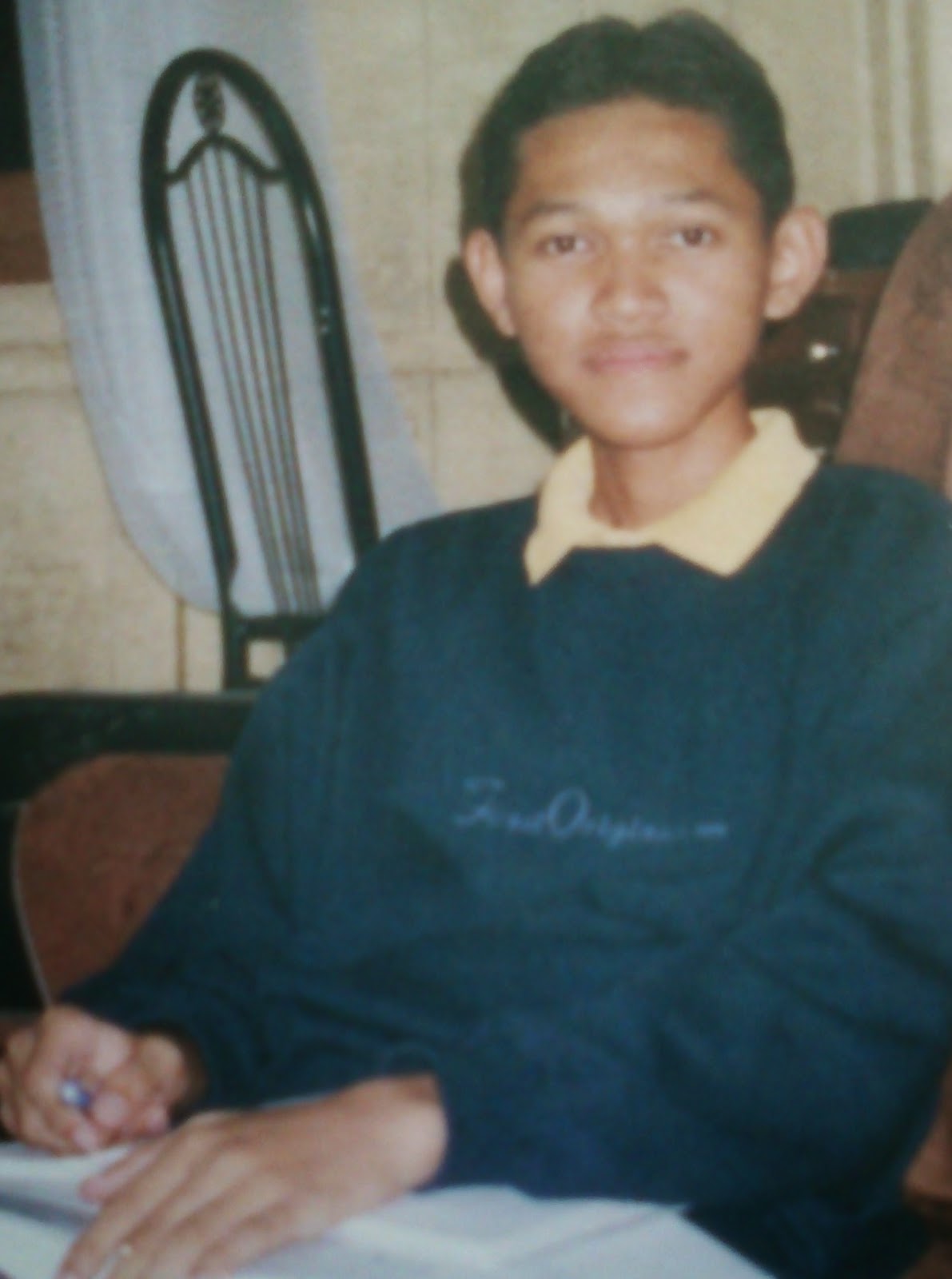 |
| The writer believes that a beautiful camaraderie makes life a wonderful journey. |
In today’s world, facts surprise us. Crime statistics
show that from 2013 to 2014, those aged between 16 and 18 were the highest
number to be arrested for various violent and property crimes. We may not have seen this coming, but teenagers are getting harder to control. And if steps are not
taken, chances are, those under 16 will surprise us with more cases in the
future.
Technology may be a contributing factor to juvenile
crime, but parental and peer influence are the main reasons. Some parents believe that it is impossible for their children to be involved in crime,
considering their good family background and the children’s exemplary behaviour
at home. But they do not realise that their children’s good manners may be an act. Some think that children will be mature enough to differentiate between
right and wrong at 13 or 15, but the statistics prove otherwise.
Parents who send their offspring to hostels expect positive changes in their children given that only selected students are given the
privilege of staying at the hostel. But students may subconsciously adopt bad habits
as they adapt to their new surroundings. Students who have been influenced to
bully and smoke, for instance, risk becoming thugs or drug addicts.
As a former hostel warden, I have come across many
parents who were surprised by their children’s disciplinary record. Some
parents felt sorry for the trouble their children had caused, while others
refused to believe that their children misbehaved behind their backs. For the
latter situation, problems are likely to become worse, and at one point,
out of control.
Serious
crimes usually start with small acts, but many parents regard these acts
as naughty or normal behaviour of schoolchildren. For example, children with a habit of stealing may end up being involved in robberies. Students who bribe others may be involved in corruption later, while those who only fight for "fun" may fight for real someday. These small acts can make a big
difference, and the difference is not desirable.
Believe
it or not, some schoolchildren think that money matters more than their studies, and they dream of owning a lot of money early. I once had to deal with 13-year-old
boy of a well-off family, who confessed that he wanted to leave school because
he found making money exciting. When his wish was not granted, he began to
cause more trouble with the hope that he would be expelled.
Children
nowadays can be desperate for money. As a result, students may
resort to extortion, snatch thefts and house break-ins.
It
is a challenging task to help teenagers resist the bad influences around them. While
teachers try their best to educate today’s generation, parents need to ensure
who their children’s "best friends forever" (BFF) are because these BFFs may be
friendly foes who kill in silence.
Courtesy of New Sunday Times
21 December 2014














